
The Majestic Maluti Mountains: Lesotho's Hidden Gems
Nestled within the borders of Lesotho, the Maluti Mountains offer a breathtaking escape for those seeking the beauty of unspoiled nature. These mountains, part of the Drakensberg range, are a haven for hikers, climbers, and nature lovers. The towering peaks and lush valleys provide a stunning backdrop for outdoor adventures. The Maluti Mountains are not just about their scenic beauty; they are also rich in cultural heritage. The region is dotted with traditional Basotho villages where you can experience the local way of life. Visiting these villages offers a unique glimpse into the customs, crafts, and hospitality of the Basotho people. Winter transforms the Maluti Mountains into a snowy wonderland, making it one of the few places in Africa where you can enjoy skiing. The Afriski Mountain Resort, located in the heart of the Maluti, is a popular destination for winter sports enthusiasts. Whether you visit in summer or winter, the Maluti Mountains promise an unforgettable experience.
Local tips in Maluti Mountains
- Pack layers of clothing; weather can change quickly in the mountains.
- Hire a local guide to explore hidden trails and learn about Basotho culture.
- Visit during winter for skiing at Afriski Mountain Resort.
- Carry cash, as card facilities might not be available in remote villages.
- Respect local customs and traditions when visiting Basotho villages.
The Majestic Maluti Mountains: Lesotho's Hidden Gems
Nestled within the borders of Lesotho, the Maluti Mountains offer a breathtaking escape for those seeking the beauty of unspoiled nature. These mountains, part of the Drakensberg range, are a haven for hikers, climbers, and nature lovers. The towering peaks and lush valleys provide a stunning backdrop for outdoor adventures. The Maluti Mountains are not just about their scenic beauty; they are also rich in cultural heritage. The region is dotted with traditional Basotho villages where you can experience the local way of life. Visiting these villages offers a unique glimpse into the customs, crafts, and hospitality of the Basotho people. Winter transforms the Maluti Mountains into a snowy wonderland, making it one of the few places in Africa where you can enjoy skiing. The Afriski Mountain Resort, located in the heart of the Maluti, is a popular destination for winter sports enthusiasts. Whether you visit in summer or winter, the Maluti Mountains promise an unforgettable experience.
When is the best time to go to Maluti Mountains?
Iconic landmarks you can’t miss
Mafika Lisiu Pass View Point
Experience the breathtaking beauty of Mafika Lisiu Pass View Point, a nature preserve in Lesotho offering stunning panoramic views of the Maluti Mountains.
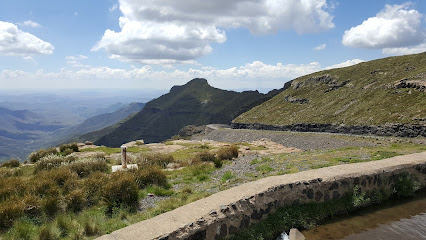
Bokong Nature Reserve
Explore the breathtaking landscapes and rich biodiversity of Bokong Nature Reserve, a serene escape in the Mountain Kingdom of Lesotho.
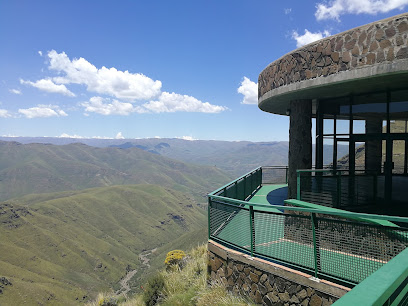
Unmissable attractions to see
Afriski Mountain Resort
Experience alpine adventure in the heart of Africa at Afriski Mountain Resort, Lesotho. Skiing, snowboarding, hiking, and more at 3222m.
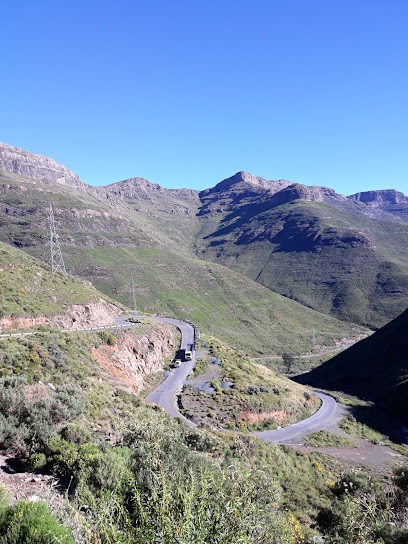
Meiringskloof Nature Park
Discover Meiringskloof Nature Park: Hiking, birdwatching, and serene beauty in South Africa's Free State, near Fouriesburg and the Lesotho border.
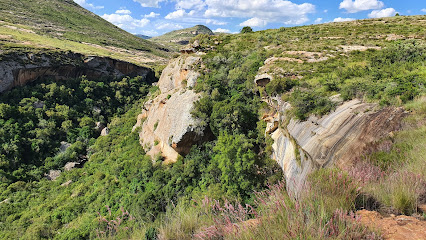
Clarens kloof dam
Escape to the serene beauty of Clarens Kloof Dam for hiking, picnics, and breathtaking mountain views in the Free State.
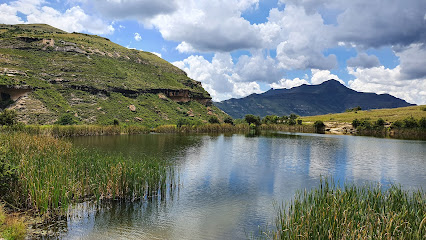
Morija Museum & Archives
Discover Lesotho's heritage at Morija Museum & Archives: artifacts, history, art, and culture in a historic town.
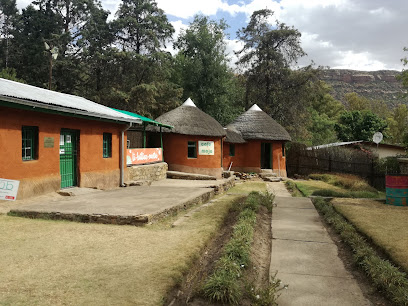
Destiny Castle in Fouriesburg
Discover a medieval-style castle in South Africa's Free State: history, stunning views, and family-friendly fun near Fouriesburg and Clarens.
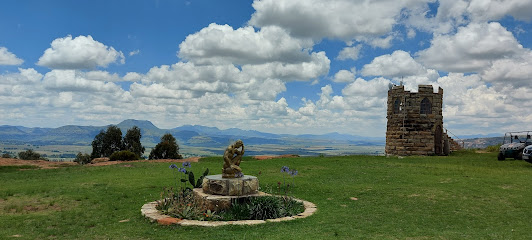
The Lion Rock Mountain
Discover Lion Rock Mountain in Maseru, Lesotho: a breathtaking natural wonder offering panoramic views and cultural significance.
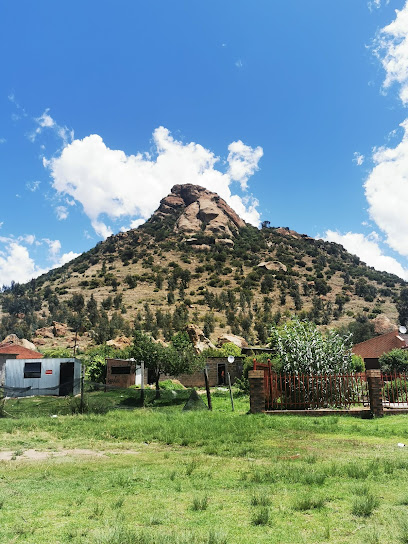
Maletsunyane Information Centre
Explore Lesotho's Highlands: Your adventure starts at Maletsunyane Information Centre in Semonkong, near Africa's highest single-drop waterfall.
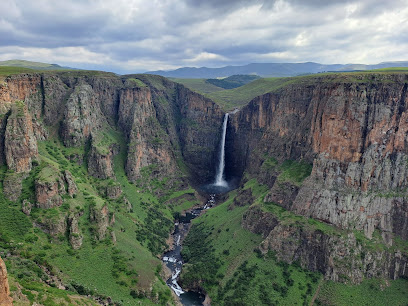
Gilboa Mountain Retreat
Discover tranquility at Gilboa Mountain Retreat in Ficksburg: Hike scenic trails, spot wildlife, and escape to nature's embrace in the Free State.
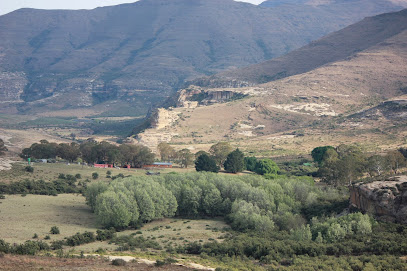
Thimuli Cave
Discover the geological wonders and serene beauty of Thimuli Cave in the heart of South Africa's Maluti Mountains.
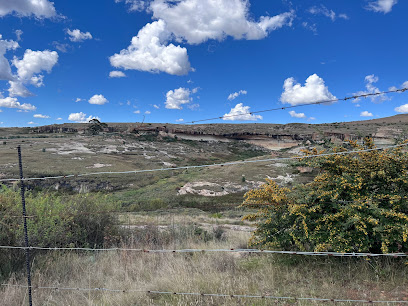
Malinakana Park
Escape to the serene beauty of Malinakana Park in Hlotse, Lesotho, for tranquil nature walks, picnics, and outdoor exploration.
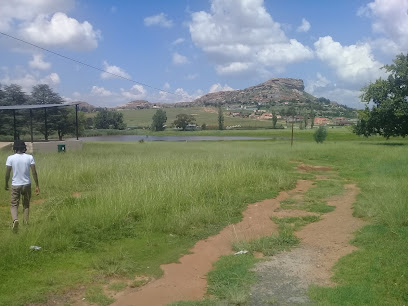
Mountain of roots
Discover Lesotho's Mountain of Roots: Hike through stunning landscapes, explore unique rock formations, and experience breathtaking panoramic views.
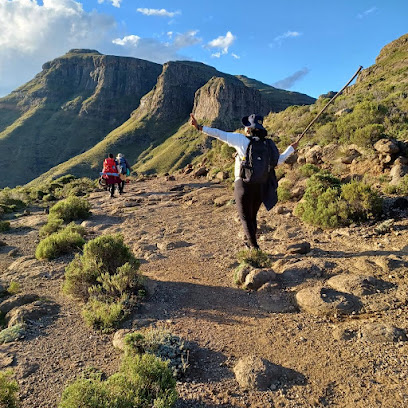
Royal Palace
Discover Lesotho's regal history at the Royal Palace in Matsieng, a cultural landmark and the traditional home of Basotho royalty.
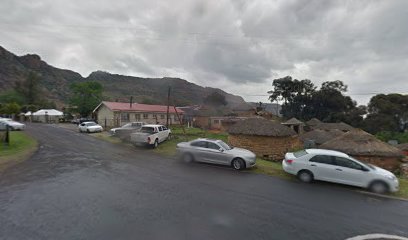
Dubai Lesotho
Experience the breathtaking landscapes and rich cultural heritage of Butha Buthe, a hidden gem in Lesotho's majestic mountains.
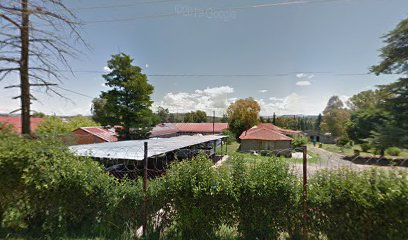
Poeye Park
Escape to Poeye Park, Lesotho's serene green oasis, perfect for picnics, walks, and enjoying the beauty of nature with family and friends.
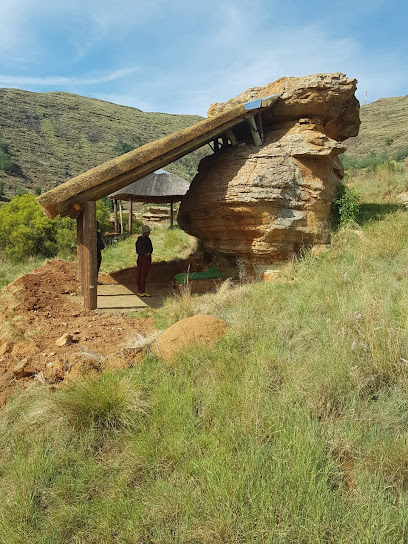
Mats'a-Mararo (Three Cascades)
Discover the breathtaking beauty of Mats'a-Mararo (Three Cascades) in Lesotho, a hidden gem offering serene landscapes and cascading waterfalls.
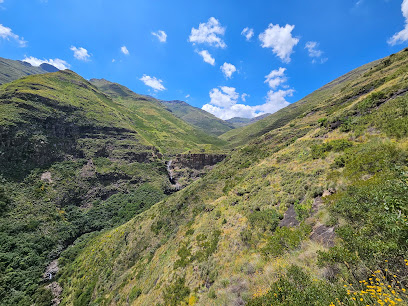
Essential places to dine
Maliba Lodge
Discover luxury amidst nature at Maliba Lodge in Lesotho – an enchanting destination for relaxation and adventure.
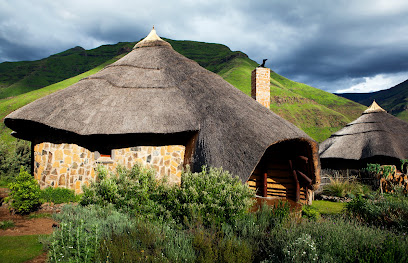
Piripiri Restaurant
Discover authentic Portuguese cuisine in Maseru at Piripiri Restaurant – where every dish tells a story of flavor and tradition.
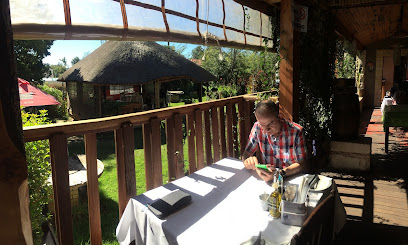
No.7 Restaurant
Experience authentic Basotho cuisine at No.7 Restaurant in Maseru - where tradition meets modern dining.
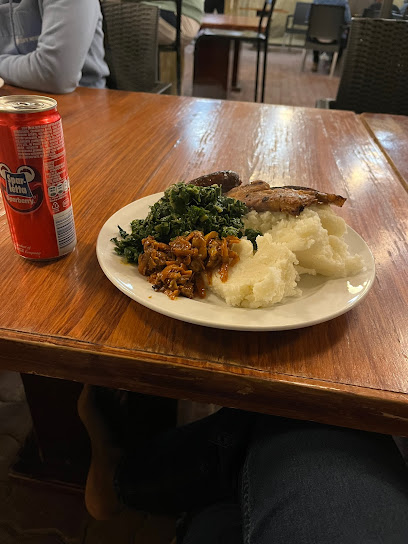
Café What?
Experience authentic African flavors at Café What?, Maseru's premier destination for traditional cuisine and cultural ambiance.
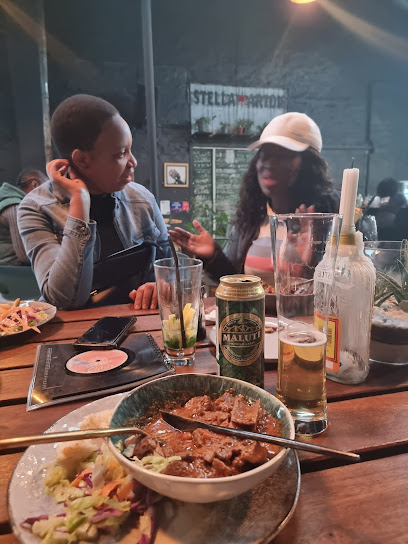
KFC Butha-Buthe
Indulge in delicious fried chicken and fast food favorites at KFC Butha-Buthe - the perfect pit stop during your Lesotho adventure!
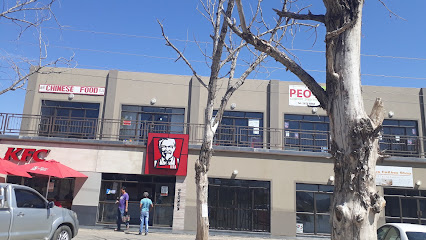
Koti Sphola Restaurant@R2
Discover the authentic taste of Lesotho at Koti Sphola Restaurant in Teyateyaneng - a culinary journey through local flavors.
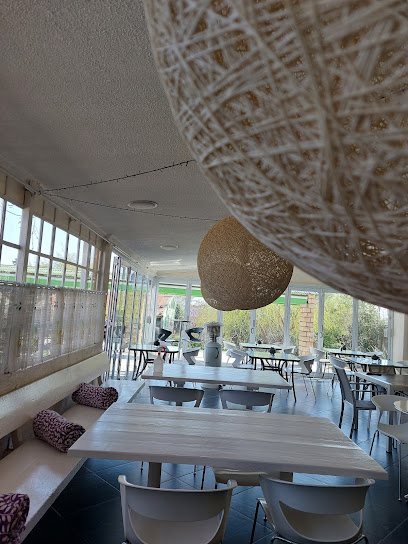
Victory Centre
Experience the rich culinary heritage of Lesotho at Victory Centre in Maseru – where local flavors meet warm hospitality.
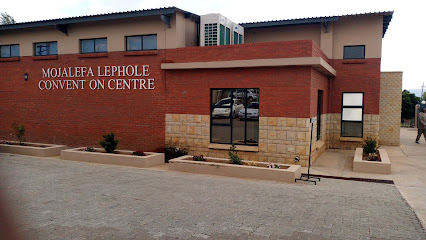
Le Rook's Cafe
Discover authentic flavors at Le Rook's Cafe in Hlotse - where local cuisine meets cozy ambiance for an unforgettable dining experience.
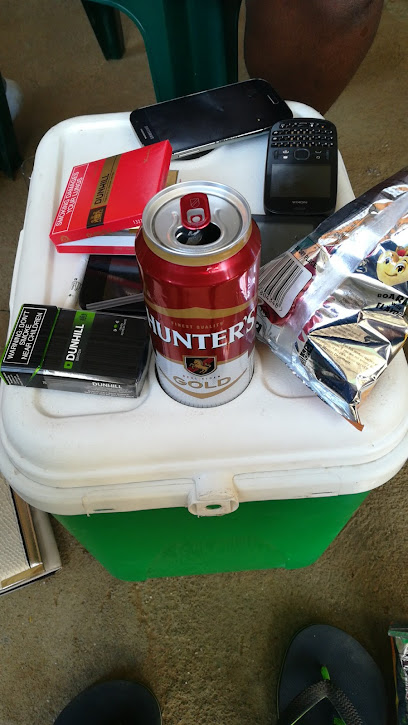
Monte Carlo Restaurant
Experience delightful dining at Monte Carlo Restaurant in Maseru - where local flavors meet international cuisine in a cozy atmosphere.
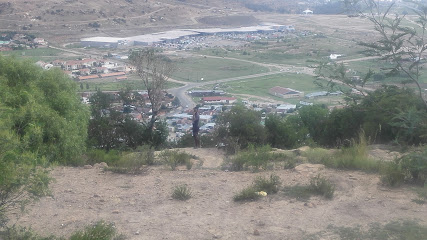
Likileng Lodge
Discover authentic Basotho flavors at Likileng Lodge in Butha Buthe – a delightful culinary experience awaits every traveler.
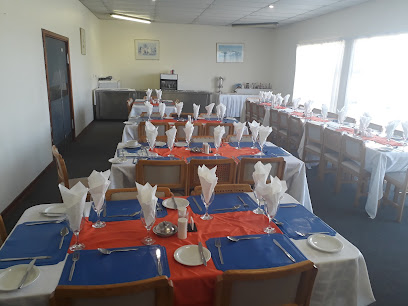
Debonair's pizza
Discover the authentic taste of Italy at Debonair's Pizza in Butha Buthe—where every slice tells a story.
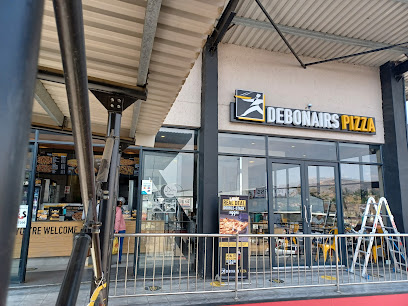
KFC Maputsoe
Experience the crispy goodness of KFC Maputsoe – where fast food meets local flavor in Lesotho's vibrant heart.
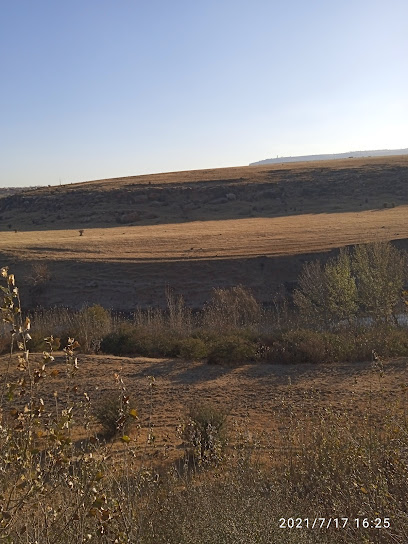
Rock View Beer Garden
Discover Rock View Beer Garden: A vibrant oasis in Foso offering delicious food, refreshing drinks, and unforgettable moments with friends.
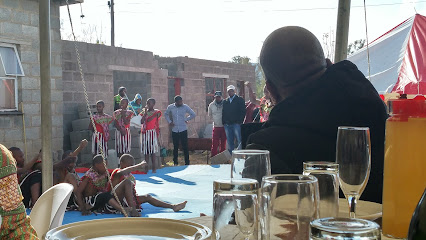
Muela Lodge
Experience comfort and local flavors at Muela Lodge in Tsime – your perfect getaway in Lesotho.
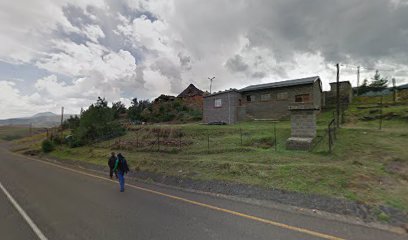
Roma Chesanyama
Experience authentic Chesa Nyama at Roma Chesanyama - where delicious flavors meet vibrant culture in the heart of Lesotho.
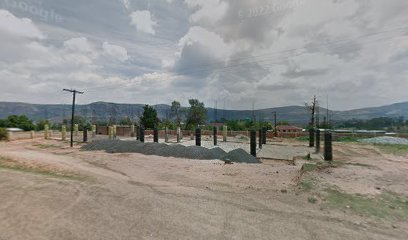
Markets, malls and hidden boutiques
Maluti Mountains
Discover the breathtaking Maluti Mountains, a stunning mountain range in Lesotho, perfect for adventure and cultural exploration.
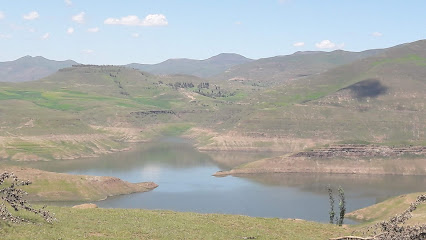
Leribe Craft Centre
Explore the vibrant artistry of Lesotho at Leribe Craft Centre, where local craftsmanship meets cultural heritage in every unique piece.
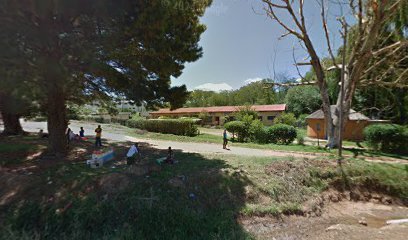
PEP Mapoteng
Discover affordable fashion for the entire family at PEP Mapoteng, where style meets savings in the heart of Mapoteng.

Destination General Dealer
Experience the heart of Mapoteng at the Destination General Dealer, where local culture meets convenience and comfort for every traveler.

PA Clothing
Explore trendy and affordable fashion at PA Clothing in Butha Buthe's Village Walk Mall, perfect for tourists looking to enhance their style.
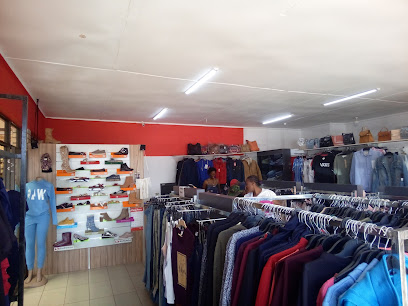
Dunns Leribe
Explore stylish apparel for men and women at Dunns Leribe in Hlotse, where quality meets affordability in a vibrant shopping atmosphere.

Mr Price
Explore stylish and affordable clothing options at Mr Price in Butha Buthe, where fashion meets comfort in a cool shopping environment.
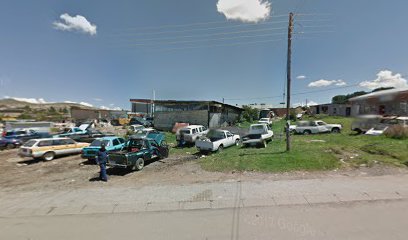
Pen & Pencil Stationers & Bookshop
Explore Pen & Pencil Stationers & Bookshop in Hlotse for a wide selection of office supplies and captivating books that inspire creativity and adventure.
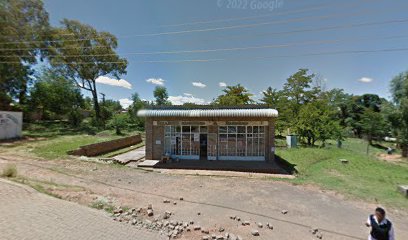
PEP Pitseng
Discover the vibrant PEP Pitseng clothing store, offering stylish, affordable apparel for the whole family in the heart of Pitseng.

Paul's Shop
Discover the essence of Hlotse at Paul's Shop, a delightful general store filled with local treasures and essential goods for every traveler.

Mofubelu Shop
Explore Mofubelu Shop: Hlotse's vibrant supermarket with fresh produce, local delicacies, and essential goods for an authentic Lesotho experience.
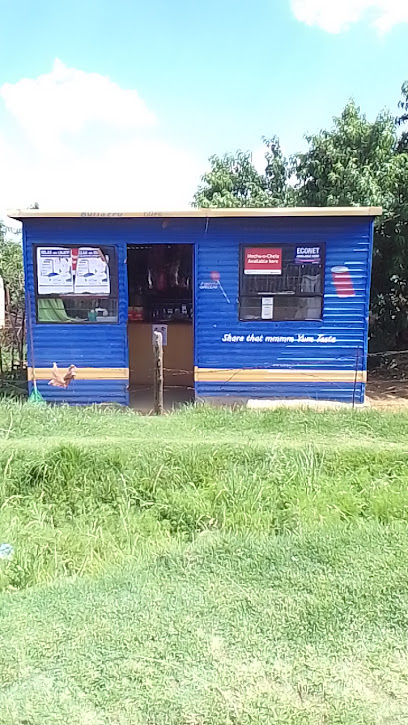
Ackermans Leribe
Explore the vibrant styles of Lesotho at Ackermans Leribe, your go-to clothing store for trendy apparel for women and children.

Collerbones General Cafe
Discover the charm of Collerbones General Cafe in Maputsoe, where local flavors meet community spirit in a quaint tack shop setting.
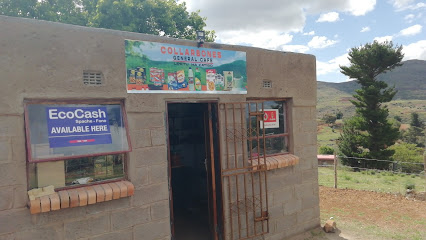
Bela Bela
Explore Bela Bela: A captivating destination of natural hot springs, adventure, and vibrant local culture in the heart of Lesotho.

Bakhatla
Discover Bakhatla, a cozy book store in Nyane, where literature meets culture in a welcoming atmosphere perfect for all book lovers.

Essential bars & hidden hideouts
Maluti Mountain Brewery
Experience the unique flavors of Lesotho at Maluti Mountain Brewery, where craft beer meets breathtaking mountain views.
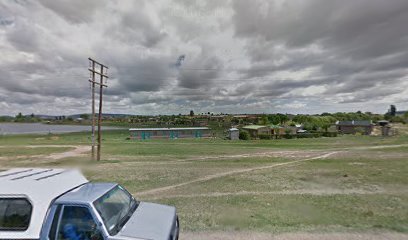
Dancing Bean Cafe
Discover the heart of Butha Buthe at Dancing Bean Cafe, where local flavors meet a cozy pub atmosphere perfect for relaxation and socializing.
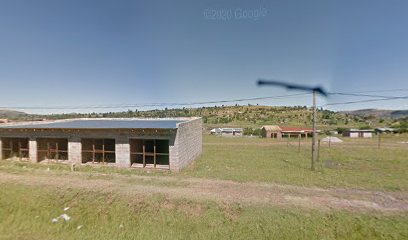
MosJoint
Discover the lively MosJoint bar, where local flavors meet vibrant nightlife in an unforgettable atmosphere.

Lethaha public bar
Discover Lethaha Public Bar in Thaba-Tseka for a delightful grill experience and a taste of local culture amidst friendly conversations.

Black Box Pub & GRILL
Discover the dynamic nightlife at Black Box Pub & Grill in Butha Buthe, where delicious food and refreshing drinks await in a vibrant atmosphere.
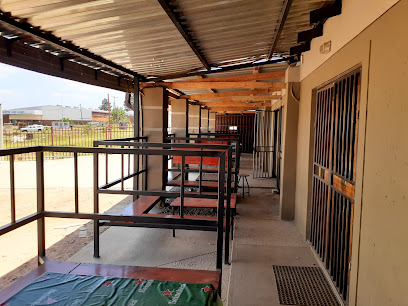
Monaco Public Bar
Experience the vibrant nightlife at Monaco Public Bar in Molefis, where local culture and delightful drinks come together in a lively atmosphere.

Loud Avenue Garden
Discover the charm of Loud Avenue Garden in Matsohani, where lush surroundings blend with a vibrant bar atmosphere for a unique relaxation experience.
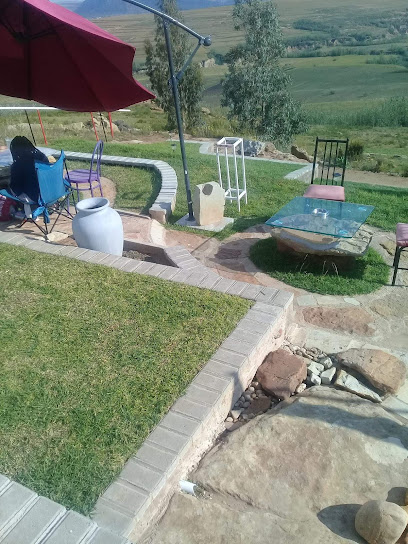
Rockerfella Carwash
Discover the unique blend of a car wash and bar at Rockerfella Carwash in Hlotse, where refreshing drinks meet friendly service.

Morning Side Bar
Discover the lively atmosphere of Morning Side Bar in Teyateyaneng, where local culture meets refreshing drinks for an unforgettable experience.
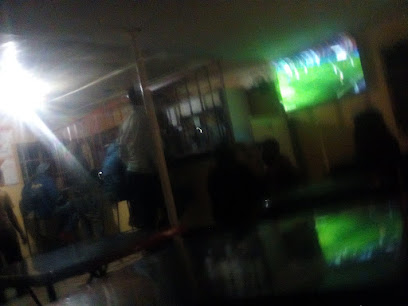
Maluti view liqour store
Experience the vibrant local culture at Maluti View Liquor Store in Maseru, where diverse beverages and friendly vibes await every visitor.
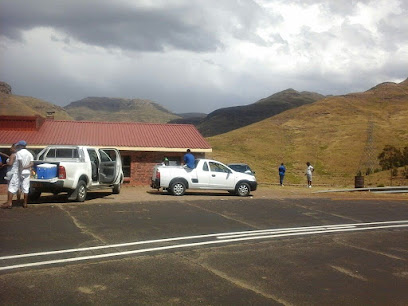
Sweet Friends
Experience the warm hospitality and vibrant atmosphere of Sweet Friends, the ideal bar for relaxation and socializing in Hlotse.

SARISTARS PUB
Discover local flavors and a vibrant atmosphere at Saristars Pub in Temong, where grilled delights meet cultural experiences.
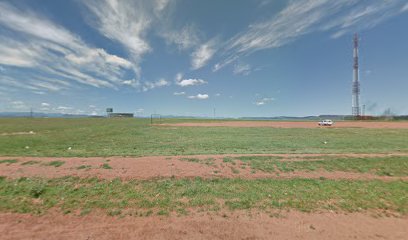
The Local House car wash and lounge
Discover relaxation at The Local House Car Wash and Lounge in Hlotse, where vehicle care meets a cozy lounge experience for travelers.
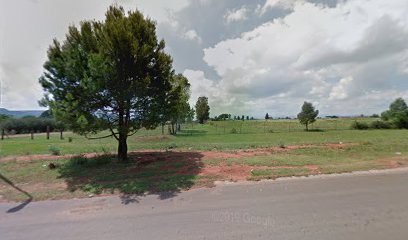
Offside Bar
Discover the vibrant nightlife at Offside Bar in Mapoteng, where refreshing drinks and lively atmosphere unite for an unforgettable experience.
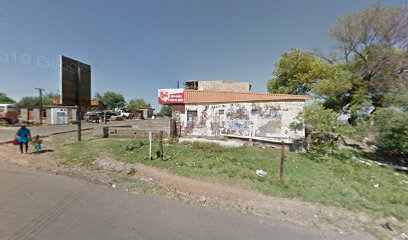
Local Phrases about Maluti Mountains
-
- HelloDumela
[doo-MEH-lah] - GoodbyeTsamaea hantle
[tsah-mah-EH-han-tleh] - YesEa
[eh-ah] - NoChe
[cheh] - Please/You're welcomeKa kopo
[kah-KOH-poh] - Thank youKea leboha
[keh-ah leh-BOH-hah] - Excuse me/SorryKe kopa ts'ireletso
[keh koh-pah tshee-reh-LEH-tsoh] - How are you?U phela joang?
[oo peh-lah jwahng] - Fine. And you?Ke phela hantle. Le wena?
[keh peh-lah han-tleh leh weh-nah] - Do you speak English?Na u bua sekhahla?
[nah oo boo-ah seh-khah-hlah] - I don't understandHa ke utloa
[hah keh oot-loh-ah]
- HelloDumela
-
- I'd like to see the menu, pleaseKe kopa ho bona meno, ka kopo
[keh koh-pah hoh boh-nah meh-noh, kah koh-poh] - I don't eat meatHa ke ile ka nama
[hah keh ee-leh kah nah-mah] - Cheers!Le amohela!
[leh ah-moh-heh-lah] - I would like to pay, pleaseKe kopa ho fumana, ka kopo
[keh koh-pah hoh foo-mah-nah, kah koh-poh]
- I'd like to see the menu, pleaseKe kopa ho bona meno, ka kopo
-
- Help!Bohlale!
[boh-hlah-leh] - Go away!Mofuta!
[moh-foo-tah] - Call the Police!Bula polisi!
[boo-lah poh-lee-see] - Call a doctor!Bula mofumahali!
[boo-lah moh-foo-mah-hah-lee] - I'm lostKe saholo
[keh sah-hoh-loh] - I'm illKe tseba
[keh tseh-bah]
- Help!Bohlale!
-
- I'd like to buy...Ke kopa ho fumana...
[keh koh-pah hoh foo-mah-nah] - I'm just lookingKe nna ke tseba
[keh n-nah keh tseh-bah] - How much is it?Ke kae?
[keh kah-eh] - That's too expensiveEna e ncha hantle
[eh-nah eh n-chah han-tleh] - Can you lower the price?Na u e ketsoa?
[nah oo eh keh-tsoh-ah]
- I'd like to buy...Ke kopa ho fumana...
-
- What time is it?Ke kae nako?
[keh kah-eh nah-koh] - It's one o'clockKe nako e 'nyane
[keh nah-koh eh nyah-neh] - Half past (10)Makhare kapa (10)
[mah-khah-reh kah-pah (10)] - MorningBoboko
[boh-boh-koh] - AfternoonHo fetetsa
[hoh feh-teh-tsah] - EveningMoketi
[moh-keh-tee] - YesterdayNete
[neh-teh] - TodayNamuhla
[nah-moo-hlah] - TomorrowNgwaga
[ngwah-gah] - 1Motsama
[mo-tsah-mah] - 2Moseme
[mo-seh-meh] - 3Mokeresete
[mo-keh-reh-seh-teh] - 4Monono
[moh-noh-noh] - 5Moraro
[moh-rah-roh] - 6Mosea
[mo-seh-ah] - 7Mothotho
[mo-thoh-thoh] - 8Moraroana
[moh-rah-roh-ah-nah] - 9Mosete
[mo-seh-teh] - 10Mongwako
[moh-ngwah-koh]
- What time is it?Ke kae nako?
-
- Where's a/the...?Kae...
[kah-eh] - What's the address?Ho kae?
[hoh kah-eh] - Can you show me (on the map)?Na u nka nthusa?
[nah oo ng-kah n-tsoo-sah] - When's the next (bus)?Ke kae e nepo (bus)?
[keh kah-eh eh neh-poh (bus)] - A ticket (to ....)Lits'ebeletso (ho ....)
[lee-tseh-beh-let-so hoh]
- Where's a/the...?Kae...
History of Maluti Mountains
-
The Maluti Mountains, also known as the Maloti Mountains, are a range in the highlands of Lesotho, formed millions of years ago through volcanic activity and subsequent erosion. These geological processes have resulted in the rugged, picturesque landscapes that characterize the region today.
-
The earliest known inhabitants of the Maluti Mountains were the San people, also known as the Bushmen. They left behind an extensive collection of rock art, which provides insight into their way of life, beliefs, and interactions with the environment. These paintings, dated thousands of years old, depict scenes of hunting, dancing, and animals, offering a window into the prehistoric culture of the region.
-
In the early 19th century, the Basotho people, under the leadership of King Moshoeshoe I, migrated to the Maluti Mountains. Seeking refuge from the pressures of the Zulu expansion and other conflicts, they established strongholds in the highlands. King Moshoeshoe I skillfully utilized the mountainous terrain for defense against invaders, laying the foundation for the modern Kingdom of Lesotho.
-
The mid-19th century saw the arrival of European missionaries, notably the Paris Evangelical Missionary Society, who established missions in the Maluti Mountains. They introduced Christianity, Western education, and new agricultural practices to the Basotho people. This period also marked the beginning of colonial interest in the region, with Lesotho becoming a British protectorate in 1868.
-
The Maluti Mountains played a significant role during the Gun War, a conflict between the Basotho people and the British colonial administration. The war arose from the colonial government's attempts to disarm the Basotho, who resisted fiercely. The mountainous terrain provided strategic advantages for the Basotho fighters, ultimately leading to a stalemate and the retention of their arms.
-
Lesotho gained its independence from British rule on October 4, 1966. The Maluti Mountains have since remained a central part of the country's identity, contributing to its cultural heritage and natural beauty. In recent years, the mountains have become a popular destination for eco-tourism and adventure activities, attracting visitors from around the world.
-
The Maluti Mountains are deeply woven into the cultural fabric of Lesotho. Traditional Basotho customs, such as the wearing of the Basotho blanket and the art of stick fighting, have roots in the highland communities. The annual Morija Arts & Cultural Festival, held near the Maluti foothills, celebrates Basotho heritage through music, dance, and crafts.
Maluti Mountains Essentials
-
The Maluti Mountains are located in Lesotho, a landlocked country in Southern Africa. The nearest international airport is Moshoeshoe I International Airport in Maseru, Lesotho's capital, which is approximately 130 kilometers away from the Maluti Mountains. From Maseru, you can travel by car or taxi to the mountains. There are also bus services available, but renting a car might provide more flexibility.
-
Transportation within the Maluti Mountains area includes options such as local minibuses, known locally as 'kombis', and taxis. For those who prefer a more flexible schedule, renting a car is highly recommended. Be prepared for rough and sometimes unpaved roads. For the adventurous, hiking and horseback riding are popular ways to explore the mountains.
-
The official currency in Lesotho is the Lesotho Loti (LSL), but South African Rand (ZAR) is also widely accepted. Credit cards are accepted in some hotels, restaurants, and larger shops, but it is advisable to carry cash, especially when visiting rural areas. ATMs are available in major towns, but it’s wise to withdraw enough cash in Maseru before heading into the mountains.
-
The Maluti Mountains are generally safe for tourists, but standard travel precautions should be taken. Avoid isolated areas after dark and be cautious with your belongings in crowded places. Crime rates targeting tourists are low, but it is always best to stay vigilant. If you need assistance, local police stations are available in nearby towns.
-
In case of emergency, dial 112 for immediate assistance. Hospitals and clinics are available in the larger towns such as Butha-Buthe and Mokhotlong. It is highly recommended to have travel insurance that covers medical emergencies. For minor health issues, local pharmacies can provide over-the-counter medications.
-
Fashion: Do dress in layers as the weather can change rapidly in the mountains. Avoid wearing very revealing clothing. Religion: Do respect the local customs. When visiting churches or local homes, dress modestly. Public Transport: Do be patient and courteous. Don't expect strict adherence to schedules. Greetings: Do greet locals with a handshake and a smile. A simple 'Khotso' (peace) is a common greeting. Eating & Drinking: Do try local dishes such as 'papa' (maize porridge) and 'moroho' (spinach). Don’t refuse hospitality, as it is considered impolite.
-
To experience the Maluti Mountains like a local, consider visiting local villages where you can interact with the Basotho people and learn about their culture and traditions. Participating in local festivals and events can also provide a deeper understanding of the local way of life. Don't miss out on trying the local homemade beer, 'joala', and take time to explore the scenic hiking trails for breathtaking views.
Nearby Cities to Maluti Mountains
-
Things To Do in Leribe
-
Things To Do in Thaba-Tseka
-
Things To Do in Teyateyaneng
-
Things To Do in Mokhotlong
-
Things To Do in Maseru
-
Things To Do in Mafeteng
-
Things To Do in Mohale's Hoek
-
Things To Do in Quthing
-
Things To Do in Bloemfontein
-
Things To Do in Durban
-
Things To Do in Johannesburg
-
Things To Do in Kimberley
-
Things To Do in Pretoria
-
Things To Do in Malkerns
-
Things To Do in Mbabane











